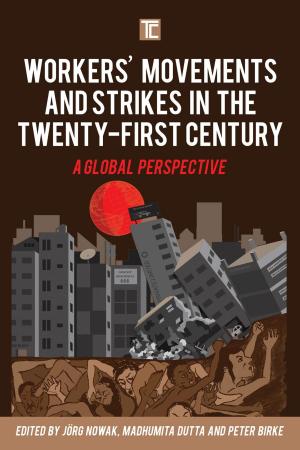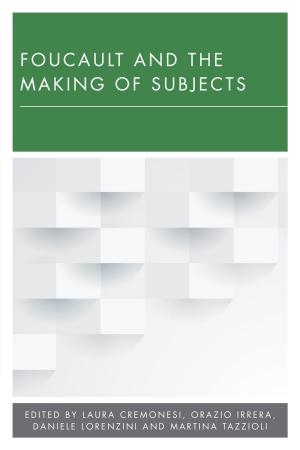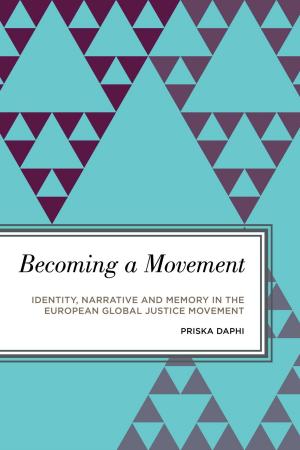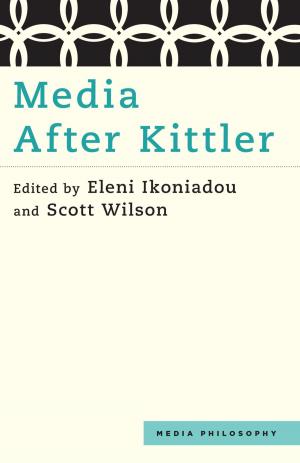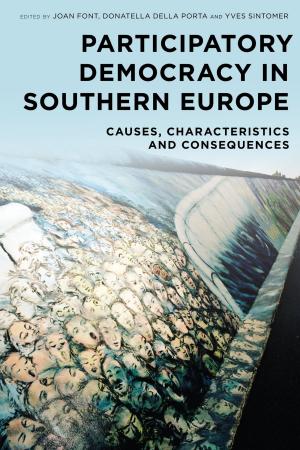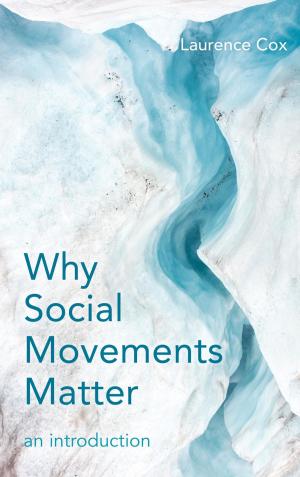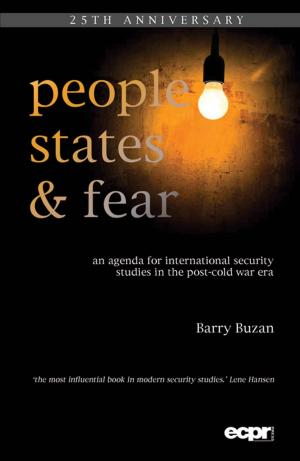The Last Isle
Contemporary Film, Culture and Trauma in Global Taiwan
Fiction & Literature, Literary Theory & Criticism, Asian, Far Eastern, Nonfiction, Social & Cultural Studies, Social Science| Author: | Sheng-mei Ma | ISBN: | 9781783483402 |
| Publisher: | Rowman & Littlefield International | Publication: | July 9, 2015 |
| Imprint: | Rowman & Littlefield International | Language: | English |
| Author: | Sheng-mei Ma |
| ISBN: | 9781783483402 |
| Publisher: | Rowman & Littlefield International |
| Publication: | July 9, 2015 |
| Imprint: | Rowman & Littlefield International |
| Language: | English |
Taiwan is in danger of becoming the last isle, losing its sovereignty and identity. The Last Isle opens from where Taiwan film scholarship leaves off—the 1980s Taiwan New Cinema, focusing on relatively unknown contemporary films that are “unglobalizable,” such as Cape No. 7, Island Etude, Din Tao, and Seven Days in Heaven. It explores Taiwan films’ inextricability with trauma theory, the irony of loving and mourning Taiwan, multilingualism, local beliefs, and theatrical practices, including Ang Lee’s “white” films. The second half of the book analyzes Taiwan’s popular culture in Western-style food and drink, conditions over living and dying, and English education, concluding with the source of Taiwan’s anxiety—China.
This book distinguishes itself from Taiwan scholarship in its stylistic crazy quilt of the scholarly interwoven with the personal, evidenced right from the outset in the poetic title “The Last Isle,” coupled with the “dissertating” subtitle. This approach intertwines the helix of reason and affect, scholarship and emotion. The Last Isle accomplishes a look at globalization from the bottom up, from a global Taiwan whose very existence is in doubt.
Taiwan is in danger of becoming the last isle, losing its sovereignty and identity. The Last Isle opens from where Taiwan film scholarship leaves off—the 1980s Taiwan New Cinema, focusing on relatively unknown contemporary films that are “unglobalizable,” such as Cape No. 7, Island Etude, Din Tao, and Seven Days in Heaven. It explores Taiwan films’ inextricability with trauma theory, the irony of loving and mourning Taiwan, multilingualism, local beliefs, and theatrical practices, including Ang Lee’s “white” films. The second half of the book analyzes Taiwan’s popular culture in Western-style food and drink, conditions over living and dying, and English education, concluding with the source of Taiwan’s anxiety—China.
This book distinguishes itself from Taiwan scholarship in its stylistic crazy quilt of the scholarly interwoven with the personal, evidenced right from the outset in the poetic title “The Last Isle,” coupled with the “dissertating” subtitle. This approach intertwines the helix of reason and affect, scholarship and emotion. The Last Isle accomplishes a look at globalization from the bottom up, from a global Taiwan whose very existence is in doubt.




